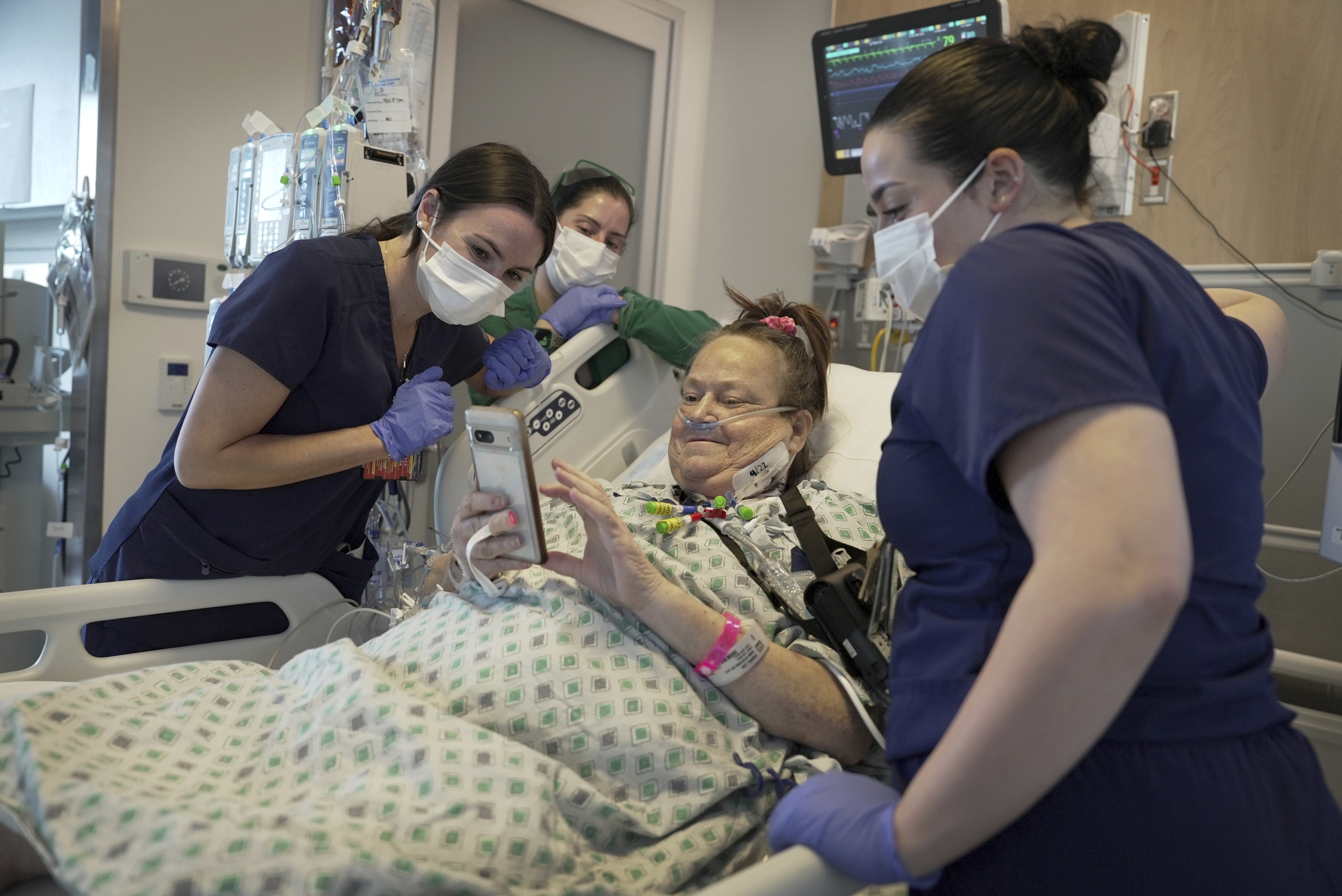"I'll have the fish please. Extra oily." This may be the order of the day for men concerned about prostate cancer. New research suggests that eating moderate amounts of oily fish might cut the risk of prostate cancer in half.
The study, led by Dr. Paul Terry from the Karolinska Institute in Stockholm, Sweden, was recently published in The Lancet medical journal. The study found that Swedish men who ate greasy fish only occasionally, or not at all, were twice as likely to develop prostate cancer as those men who ate greasy fish in moderate amounts or frequently.
But are there other bad dietary patterns that are common accompaniments to a non-fish eater's diet? Below, registered dietician, Ms. Heather Salomon, gives us the skinny on fat and its relationship to cancer.
Introduction
In general, Americans consume approximately forty percent of total calories from fat, whereas fat intake in China and Japan is considerably lower, at ten to twenty percent. The Asian diet is characteristically rich in fish and plant-based foods such as fruits, vegetables, whole grains, and soy foods, while the typical Western diet consists of significantly more processed, or "convenience" foods, and animal products. Evidence overwhelmingly suggests that it is healthier to have a diet low in fat (particularly saturated or animal fat), and high in fruits, vegetables, fiber, and soy protein.
The skinny on fat
Fat has been studied more thoroughly and linked more frequently to cancer than any other factor in our diets. Studies of the vast cultural differences in diet first identified total fat intake as a factor directly associated with the incidence of prostate cancer. The incidence of prostate cancer in the United States has increased significantly in the 20th century, right along with the increased intake of red meat and hidden fats in oils, margarine, butter, and processed baked goods.
Saturated fats
While the evidence does support a diet that is on the whole low in fat-as low as ten to twenty percent total calories from fat-more recent research suggests that the type of fat you consume can also make a difference. Several studies have found a direct association between saturated fat intake from meat and dairy products and prostate cancers. Saturated fats are animal in origin, such as fatty meats (i.e., beef, veal, pork, lamb), whole-milk dairy products, and butter. Even leaner animal products such as chicken or turkey can serve up a lot of saturated fat if you are choosing pieces with skin or dark meat.
Unsaturated fats
Unsaturated fats are derived mainly from plants and fish. The two types of unsaturated fats include monounsaturated fats (fats from olive oil, canola oil, avocados, and peanuts) and polyunsaturated fats (omega-6 fatty acids from vegetable oils like corn and safflower oil, omega-3 fatty acids from fish and flax seeds). While all types of unsaturated fats have been shown to help cardiovascular health by lowering levels of LDL ("bad" cholesterol in the blood), laboratory tests have suggested that trying to increase omega-3 fatty acids while decreasing sources of omega-6 fatty acids can help control stimulation of tumor growth in prostate cancer.
Health
Trans-fatty acids
Trans-fatty acids are unsaturated fats that have been chemically modified to become saturated and seem to carry the same risks as saturated fats where cancer and heart disease are concerned. These fats are found mostly in margarine and processed snacks or baked goods, which list "partially hydrogenated oil" as one of the first ingredients on the food label. Overall, in the fight against prostate cancer, your goal should be to lower the total fat in your diet-specifically saturated fats, omega-6 fatty-acids and trans-fats-while incorporating some omega-3 fatty acids for their potential protective effects.
Lowering fat intake is easier than you think
Here are some tips for lowering your fat intake:
- Eliminate fried foods.
- Use low-fat cooking methods. Use cooking spray or a nonstick pan instead of oil. Grill, broil, roast, or poach fish and poultry. Trim all visible fat before cooking.
- Choose only low-fat or fat-free dairy products. A low-fat product means there is no more than 3g of fat per serving and a "fat- free" product has no more than ½ gram of fat per serving.
- Eliminate fatty meats (i.e., hot dogs, marbled meats, dark meat poultry). Try to limit consumption of red meat to no more than once per week or once per month-or avoid these meats altogether.
- Eliminate fatty foods (i.e., cream sauces, poultry skin, cream soups, nuts, chocolates, gravies). Choose tomato-based sauces and soups instead of cream varieties.
Conclusion
Remember, reducing fat is only one part of a good cancer preventive diet, but it's a good starting place. The best thing to do is set small goals for yourself. You may want to concentrate on the fat in your diet first and once you've reached that goal, start adding some fruits and vegetables. Each food that you add or eliminate is yet another success in using your diet to fight prostate cancer.



